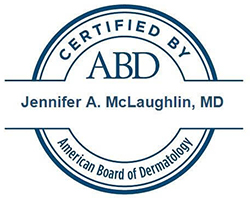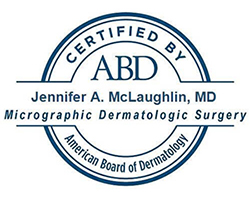
ACNE
Acne is most often associated with teenagers, but adults into their forties also struggle with clear skin—from clogged and enlarged pores to painful cystic lumps and scarring. With proper treatment, though, it’s a condition that can easily be improved and managed. We offer many different acne therapies customized to our patients’ needs, including blue light and Accutane.
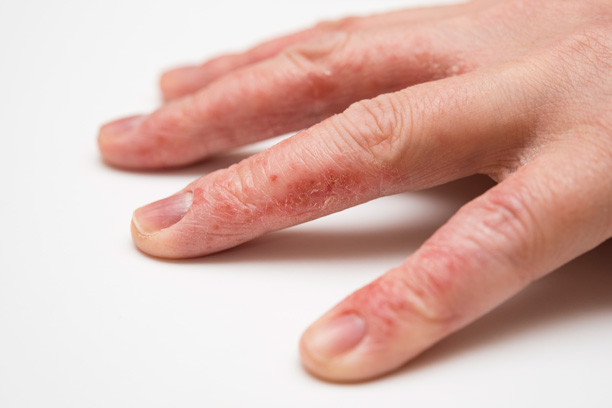
Ezcema
Inflamed, itchy skin can occur at any age and may be chronic or occasionally caused by contact with an irritant. Having a rash examined by a medical professional will allow you to treat and/or prevent outbreaks with medications, moisturizers and self-care.
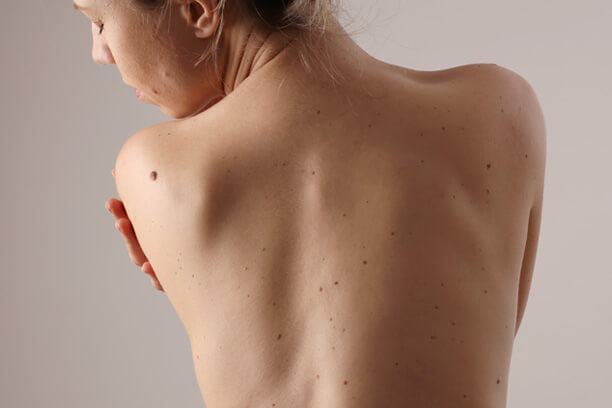
Moles
Moles are common, normal and may simply be removed for cosmetic reasons. However, all moles should be monitored for any changes that might indicate cancer.
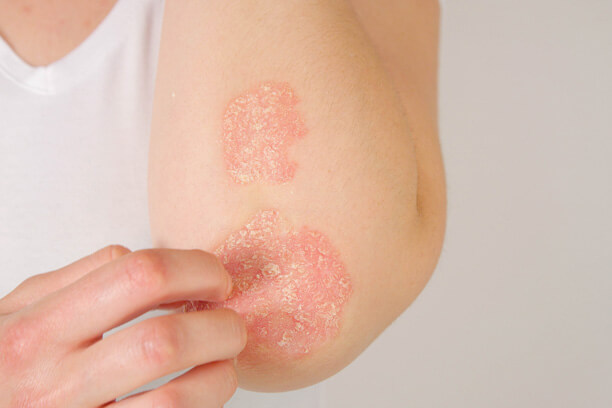
Psoriasis
When the skin produces cells too quickly, they pile up and form patches that are diagnosed as psoriasis. This condition is lifelong and may occur in people of all ages and races. Treatment may involve topical medication, light therapy, oral medications or biologic medications.
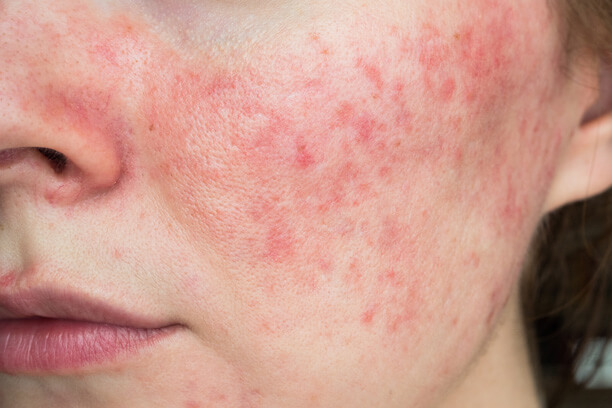
Rosacea
Like acne, rosacea has a range of appearances. It may simply appear as flushed skin or a breakout, but it can quickly morph into redness, broken blood vessels and irritation that becomes more difficult to treat the longer its allowed to progress.
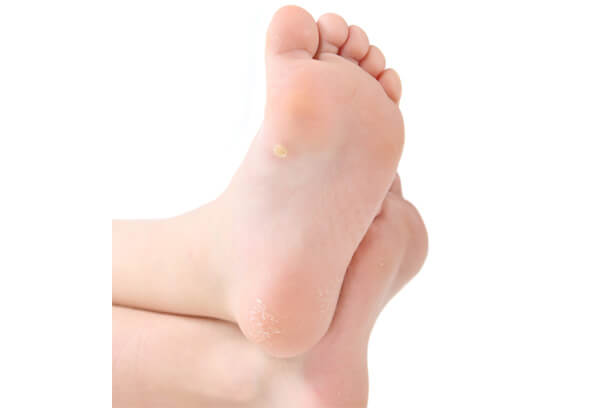
Warts
Warts are caused by viruses that affect the top layer of your skin, often appearing on the hands and feet. While not cancerous, they are contagious and will spread if not treated. Treatments include topical medications, liquid nitrogen, candin injections and others.
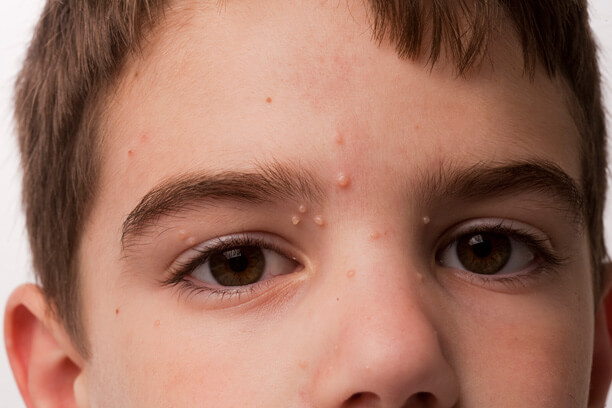
MOLLUSCUM
Molluscum contagiosum is a viral infection that is common in the pediatric population. Molluscum can be treated with topical medications, liquid nitrogen, and curettage.
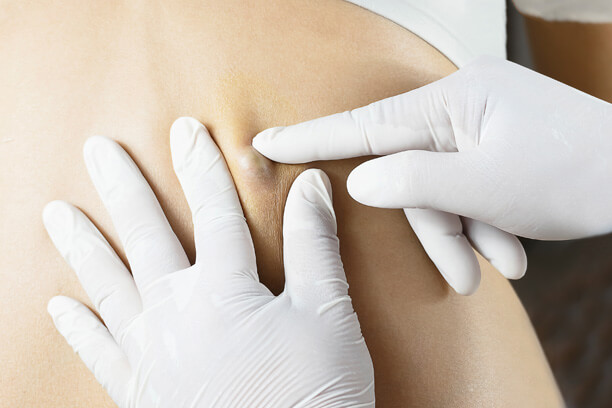
cysts
Cyst are common benign growths beneath the skin. They may be removed if they become irritated or infected.
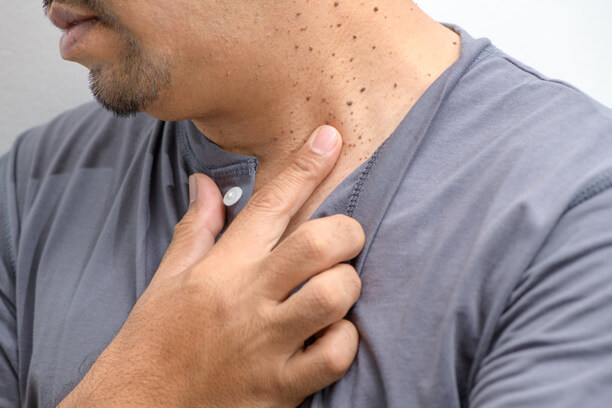
seborrheic Keratosis
Seborrheic Keratosis are common benign growths of the skin. They may be treated if they become irritated, but treatment is usually not necessary.
